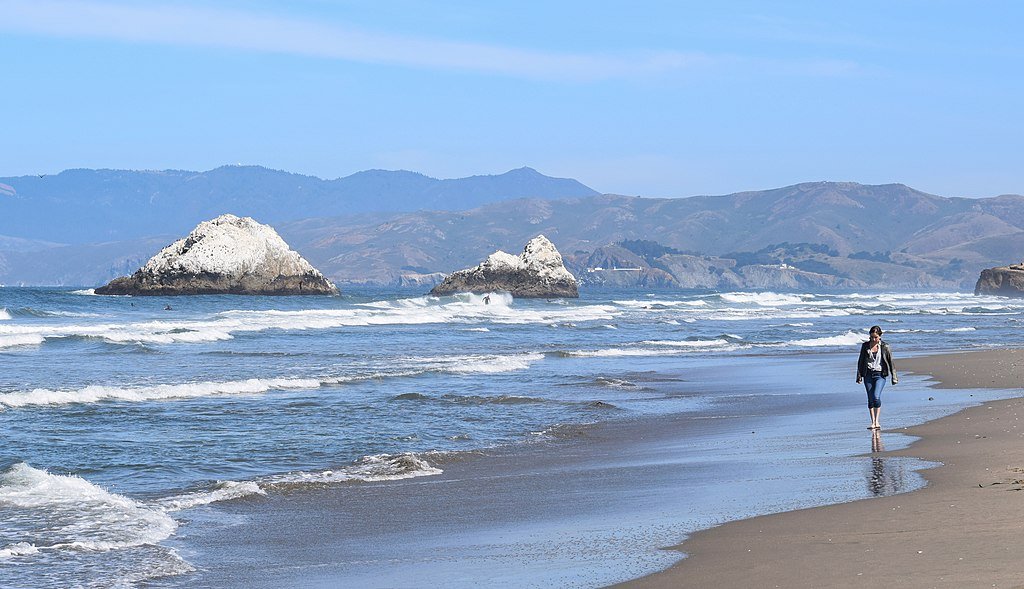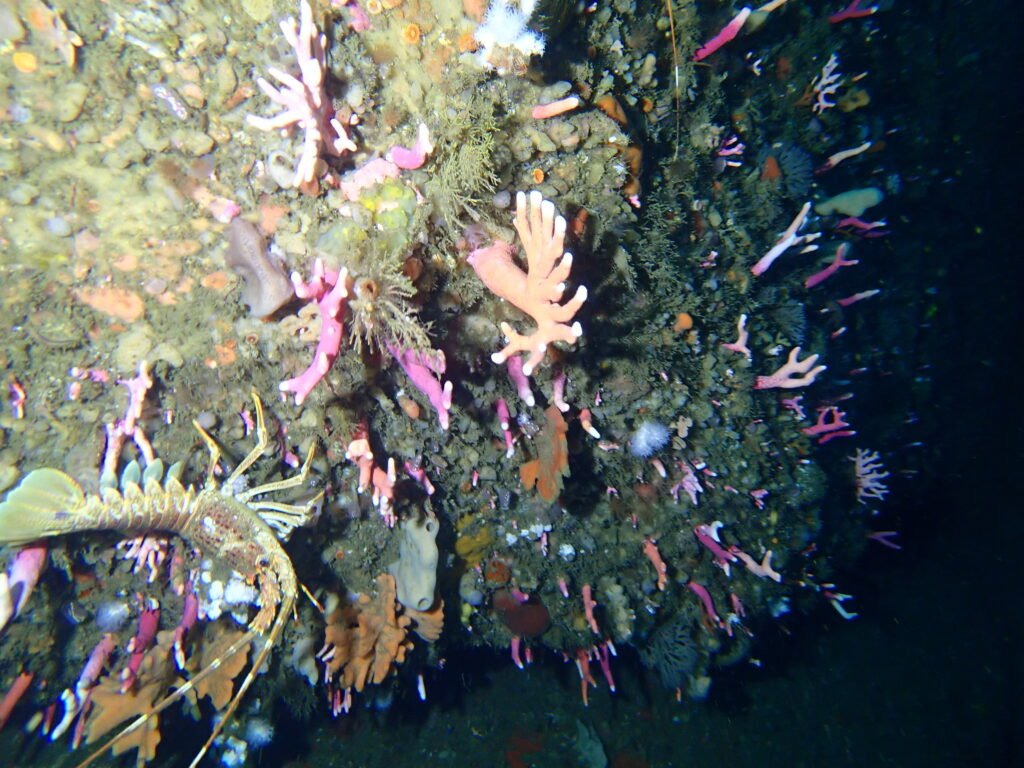Scientists have issued a stark warning: ocean acidification has crossed planetary boundaries, threatening marine ecosystems and coastal economies. A study published in Global Change Biology reveals that by 2020, ocean acidity had already reached critical levels in some regions, surpassing the safe threshold for marine life. The findings suggest that the rapid decline in ocean pH could lead to widespread disruptions in biodiversity, fisheries, and global climate regulation, making ocean acidification one of the most pressing environmental challenges of our time.
How Ocean Acidification Impacts Marine Life

Ocean acidification occurs when excess carbon dioxide dissolves into seawater, lowering its pH and reducing the availability of calcium carbonate. This compound is essential for marine organisms such as corals, shellfish, and plankton, which rely on it to build their skeletons and shells. The study found that 60 percent of deeper ocean waters had already crossed the critical threshold, compared to 40 percent of surface waters. This shift threatens coral reefs, weakens shell-building species, and disrupts food chains that sustain marine biodiversity. As acidity increases, marine organisms struggle to adapt, leading to cascading effects throughout the ecosystem.
The Role of Polar Regions and Upwelling Zones

Scientists identified polar regions and coastal upwelling zones as the most affected areas. These regions experience the fastest acidification rates, with deep-sea ecosystems showing alarming declines in calcium carbonate saturation. Tropical and deep-sea coral reefs are particularly vulnerable, as they provide essential habitats for marine species. The loss of these habitats could lead to significant biodiversity declines, affecting species that depend on coral reefs for shelter and food. Additionally, upwelling zones, which bring nutrient-rich waters to the surface, may experience disruptions that alter marine food webs and impact fisheries.
Economic and Ecological Consequences
Beyond environmental concerns, ocean acidification has significant economic implications. Fisheries and aquaculture industries depend on healthy marine ecosystems, and the loss of shellfish populations could lead to financial instability for coastal communities. Coral reef degradation threatens tourism and coastal protection, increasing the risk of erosion and storm damage. The study highlights that ocean acidification is not just an environmental crisis but a direct threat to livelihoods, food security, and economic stability. Addressing this issue requires coordinated efforts to mitigate its impact on both marine life and human communities.
Urgent Need for Climate Action
Scientists emphasize the need for immediate global action to reduce carbon dioxide emissions and mitigate ocean acidification. Strategies include transitioning to renewable energy, protecting marine habitats, and enhancing carbon sequestration efforts. Researchers also call for increased monitoring of ocean chemistry to track changes and develop adaptive conservation measures. Without swift intervention, acidification will continue to accelerate, pushing marine ecosystems beyond their ability to recover. Governments, industries, and individuals must work together to implement sustainable solutions that reduce carbon emissions and protect ocean health.
Future Research and Monitoring Efforts
Researchers plan to expand their studies to other fossil coral sites to refine predictions of future sea-level rise. Continued monitoring of ice sheet dynamics and ocean temperature trends will be crucial in assessing long-term risks. Understanding past climate fluctuations can provide valuable insights into how modern warming may impact global sea levels. Scientists also aim to develop new models that predict acidification trends more accurately, helping policymakers make informed decisions about conservation and climate adaptation.
Conclusion
The findings highlight the urgent threat posed by ocean acidification, reinforcing the need for stronger climate policies and conservation efforts. As acidity levels continue to rise, the stability of marine ecosystems and coastal economies hangs in the balance. Addressing this crisis requires coordinated global action to safeguard ocean health and biodiversity. Without immediate intervention, the consequences of unchecked acidification could be irreversible, affecting generations to come.
Source:





